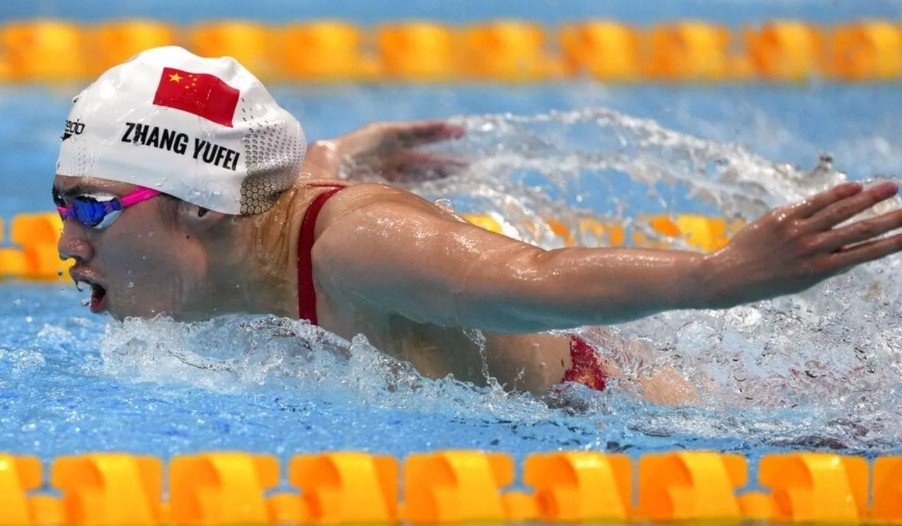Prominent Aussie athletes and Sport Integrity Australia are urging competitors to resist the tempting prize money and stay clean, as the controversial Enhanced Games gear up for their first event in Las Vegas next year.
The Enhanced Games—a new event openly embracing performance-enhancing drugs—plans to launch in May 2026 with high hopes but faces fierce pushback from the sporting community down under. Former Olympians and top-level athletes are calling the event risky, unhealthy, and a threat to the spirit of fair competition.
The Rise of the Enhanced Games: Promise or Peril?
The Enhanced Games claim to offer a new vision of “superhumanity” in sport, where athletes will be allowed to use performance-enhancing substances legally under medical supervision. Sounds wild, right? The event will reportedly feature sprinting, swimming, and weightlifting disciplines, each monitored with individual health profiling and medical screenings.
On paper, it’s a bold idea. Independent scientific and ethics boards are supposedly involved to protect athletes’ safety. But skeptics argue this just glosses over the real health risks tied to doping, especially when you start normalizing what used to be banned substances.
Aussie athletes like Melissa Wu, an Olympic diver, and Natalie Butler, a seasoned netball player, have openly criticized the Games, describing them as “dangerous and unethical.” They’re worried about young athletes seeing doping as a new “entertainment” rather than a taboo.

When you think about it, the whole premise of sport rests on fairness, effort, and skill. The moment you throw those out the window for the sake of bigger, faster, stronger performances, where do you draw the line?
Sport Integrity Australia: Defending Fair Play and Health
Sport Integrity Australia (SIA) hasn’t held back on their stance. Their Athlete Advisory Group, including voices like Ben O’Donnell (rugby sevens) and Alexandra Kiroi-Bogatyreva (gymnastics), recently issued a strong statement urging athletes to think twice before chasing the glitter of prize money through doping.
The group warns that promoting doping as a form of entertainment is a slippery slope. It puts athletes in harm’s way physically and mentally, while tarnishing the achievements of those who choose to stay clean.
SIA chief executive Sarah Benson said it plainly: the Enhanced Games are “dangerous, unethical and damaging to sport.” She emphasized the agency’s mission to keep sport safe and fair for everyone in Australia.
Here’s the tricky part. The Enhanced Games organizers say they’ll have medical oversight to reduce health risks, but SIA isn’t buying it. There’s simply no way to guarantee safety when athletes are encouraged to use powerful substances to boost their bodies beyond natural limits.
The stakes are high. If these Games catch on, what does that mean for the future of competitive sports? Could it lead to a fractured sports world where some compete clean and others take the chemical route?
Prize Money Temptation and the Role Model Dilemma
Let’s be honest—money talks, especially for athletes who often struggle financially outside top-tier leagues and endorsements. The Enhanced Games offer a tantalizing pot of gold. So, it’s no surprise some might be tempted.
But the athletes speaking out are urging their peers to resist this lure. They remind everyone that athletes hold a unique position as role models, especially for the younger generation who look up to them.
The message is clear: chasing prize money at the cost of health and integrity sends the wrong signal. It risks glamorizing doping, making it seem normal or even desirable.
-
Health risks tied to performance-enhancing drugs are well-documented, including heart issues, hormonal imbalances, psychological effects, and long-term damage that can last a lifetime.
-
These aren’t minor side effects. They’re serious concerns that deserve full attention.
Even with medical checks, there’s no magic bullet to erase the dangers completely. The risks don’t disappear just because an ethics board says so.
Sport Integrity Australia’s warning is clear: protecting athlete health means protecting the very soul of sport.
The Global Debate: Should Sports Allow Doping?
The Enhanced Games spark a bigger, ongoing debate worldwide. Should sports allow doping if it’s supervised and medicalized? Or should the line be firm, keeping sports drug-free for safety and fairness?
Some argue that performance enhancers could level the playing field if everyone had equal access and monitoring. Others see it as a dangerous path leading to more injuries, ethical compromises, and a loss of trust from fans.
The reality? Most traditional sports bodies like the International Olympic Committee, WADA (World Anti-Doping Agency), and national organizations still stand firmly against doping.
The Enhanced Games might be trying to flip the script, but the backlash shows it’s a tough sell.
This all makes you wonder. What’s next for athletes faced with a choice between “old school” clean sportsmanship and a new frontier where rules bend? It’s a dilemma loaded with risk, reward, and the future of what we call sport.








